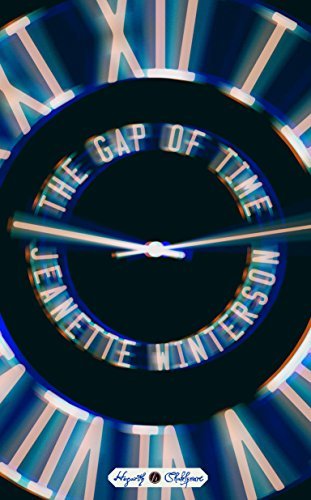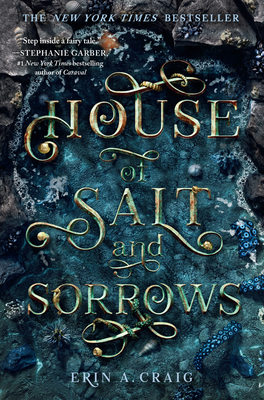 The Gap of Time by Jeanette Winterson
The Gap of Time by Jeanette Winterson ISBN: 9780804141376
Published by Random House Publishing Group on June 21, 2016
Genres: Contemporary, Fiction, Retelling
Pages: 288
Goodreads | The StoryGraph
Amazon, Bookshop.org, Better World Books, Book Depository
The Winter’s Tale is one of Shakespeare’s “late plays.” It tells the story of a king whose jealousy results in the banishment of his baby daughter and the death of his beautiful wife. His daughter is found and brought up by a shepherd on the Bohemian coast, but through a series of extraordinary events, father and daughter, and eventually mother too, are reunited.
In The Gap of Time, Jeanette Winterson’s cover version of The Winter’s Tale, we move from London, a city reeling after the 2008 financial crisis, to a storm-ravaged American city called New Bohemia. Her story is one of childhood friendship, money, status, technology and the elliptical nature of time. Written with energy and wit, this is a story of the consuming power of jealousy on the one hand, and redemption and the enduring love of a lost child on the other.

Characters: 6, each character was distinguishable from the others, but they were fairly one-dimensional, defined more by a single instance in their lives than by actual personality. I don’t find them very memorable, and I didn’t care much what happened to any of them. That said, Winterson presents an interesting take on Shakespeare’s original characters (themselves rather one-dimensional) and a possible toxic masculinity origin for the two male leads’ overblown emotional reactions.
Atmosphere: 7, the setting was rather bare bones, but recognizable (both New Bohemia and London). Full marks for setting being established and developed through Shep’s narrative perspective and Leo’s narrative perspective (two very different voices), neither of which feel a strong connection to place- though Shep has clearly been molded by place and Leo clearly avoids forming emotional attachment to place and just tries to buy everything.
Writing: 6, this is a tough one to rate. I loved the voice employed for Shep’s narrative. It felt easy, natural, and I could hear his voice in my head. Leo’s chapters, on the other hand, were punctuated by stilted, violent, and obscene language, which turned me off. Was it supposed to push me away from the character? Maybe. But it also pushed me away from the story. Maybe if his conversations with Pauline had been more casual, it would’ve felt less awkward. She also sometimes wrote dialogue with quotation marks, and sometimes not, so you didn’t know if a character was entirely in their own head or actually conversing with the other person present. Given the melodramatic nature of the story and her own more philosophical wanderings, some passages felt genuinely profound and impactful, while others felt like the author was stroking her own ego.
Plot: 8, the pacing was a highlight of this retelling. I understand the difficulty keeping interest, given the source material’s jumping around in time, so I’m sure pacing must’ve been a difficult aspect of writing this. But there was tension, mystery, and emotional resonance throughout, from start to finish. That tension propelled me to keep reading, more than anything.
Intrigue: 6, the story held my interest while I was reading it, apart from wincing through Leo’s chapters. But I wasn’t gravitating toward it in my free time.
Logic: 9, more full marks for consistent characters- everyone acted in line with their own motives, which were largely either love or fear. As much as I didn’t want to deal with Leo’s insecure-manyboy ego or Xeno’s (sometimes written as Zeno as well) insecurity-dressed-as-highbrow-maturity, every action they took was in line with their impulses (likely due to being ignored by their fathers). The female characters, by contrast, were more difficult to understand (MiMi is largely defined by being a singer and then a victim, Pauline is a voice of reason to balance Leo, Perdita understandably wants to meet her birth parents). But again, the throughline between past action and present action was discernable. And although the play involves some breaking of the rules of reality, the retelling is solidly contemporary and plays by our known reality rules.
Enjoyment: 6, it was OK. It seems like, for every passage or chapter that I liked and which resonated with me (largely Shep’s, to be honest), there was one that was gratuitous and off-putting, or felt lazily written. As a retelling, I applaud its faithfulness to the original play and bringing modern relevance. But the style just wasn’t entirely to my liking.
Reading this book contributed to these challenges:







Leave a Reply